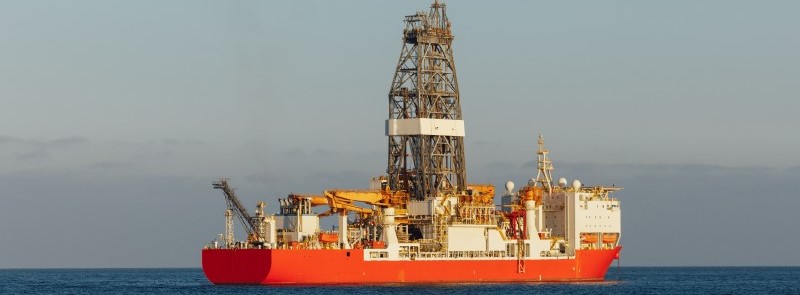Africa’s upstream oil and gas sector is showing strong momentum as regulatory reforms in key markets improve investor confidence and unlock new capital. Industry leaders emphasize that stable and transparent frameworks are proving critical to sustaining exploration and production growth across the continent.
Nigeria’s Petroleum Industry Act (PIA), enacted in 2021, has begun reshaping the country’s upstream landscape. By restructuring the national oil company, strengthening governance, and introducing fiscal incentives, the PIA has attracted more than $17 billion in foreign direct investment into Nigeria’s oil and gas industry. The establishment of a host community fund has also helped align local benefits with energy development, reinforcing social license to operate.
In Angola, targeted reforms are reshaping upstream growth potential. The government’s Incremental Production Initiative, introduced in late 2024, has already secured over $60 billion in commitments for upstream development over the next five years. Fiscal incentives and a renewed push for transparency are positioning Angola as a leading petroleum hub in sub-Saharan Africa.
“While reforms like Angola’s recent legislative changes offer a foundation, their success hinges on consistent implementation and institutional support,” said NJ Ayuk, Executive Chairman, African Energy Chamber. “Simultaneously, lessons from other markets emphasize the need for inclusive and transparent processes to build public trust and attract investment.”
By contrast, regulatory uncertainty has slowed upstream progress in South Africa. In August 2025, the Western Cape High Court revoked exploration permits for Shell and TotalEnergies, citing insufficient environmental impact assessments and public consultation. The decision illustrates how unclear or inconsistent rules can derail offshore exploration and discourage international investment.
Investor confidence hinges on clear rules
Across the continent, the lesson is consistent: investors require clarity, predictability, and consistent application of rules to commit long-term capital to upstream projects. Stable frameworks have spurred record-breaking investment in Nigeria and Angola, while opaque processes in South Africa have created costly delays and legal disputes.
Industry observers argue that transparent and reliable governance is the foundation for Africa to meet its dual goals of growing hydrocarbon output while attracting sustainable investment. Without it, even the most resource-rich markets risk missing their full upstream potential.

